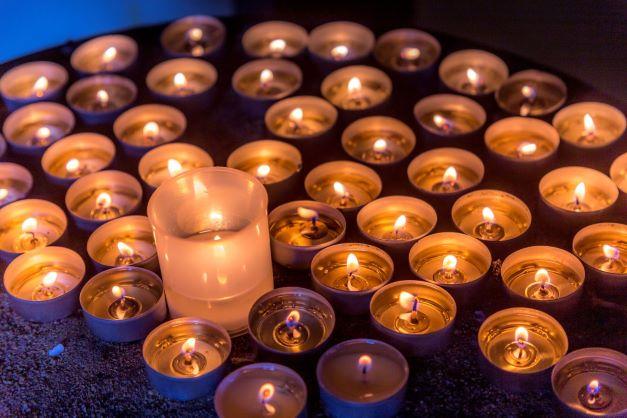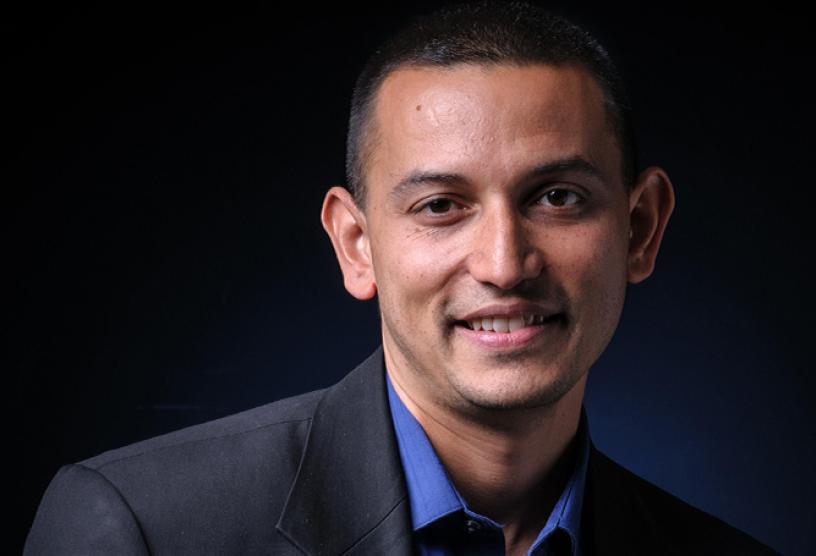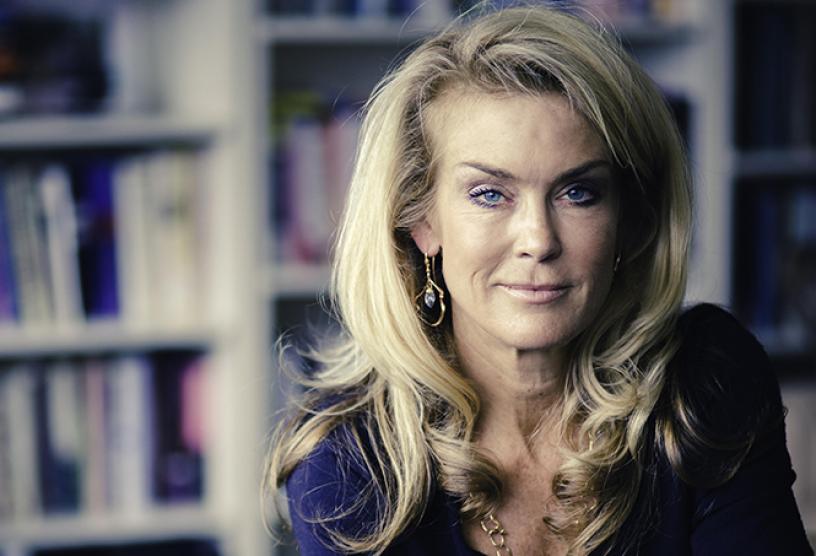
Spirituality in America Today

The Fetzer Study of Spirituality in the United States, 2020 is an examination of spirituality in the contemporary United States. It covers the topic more extensively and in greater depth than any other national study. We built on its value by using time trends and cross-national comparisons to create a general framework describing spirituality across time and across societies and then used the Fetzer study to enrich and refine what is available from more limited earlier studies.
In recent decades, a growing number of Americans have indicated that they are more spiritual than religious. The more spiritual than religious group rose from 18.5% of American adults in 1998 to 33.6% in 2020. This increase comes from a combination of younger generations being more spiritual than older generations (a cohort effect) and an increase in the more spiritual across all cohorts over time (a period effect). These effects come from a combination of people lowering their ratings of religiousness while raising their assessments of spirituality. The growth in spirituality vs. religiousness is also shown by people’s reports that over their life their spirituality has increased more than their religiousness.
The most important demographic differences are the greater number of the more spiritual among younger than older adults and the larger number in the more spiritual group among the college-educated. On the political measures of party identification and liberal-conservative ideology, the differences are even greater. This is especially true on political ideology where the numbers of the more spiritual are highest among liberals and lowest among conservatives.
On religious variables, the more spiritual are concentrated among those not identifying with a religion and infrequently attending religious services. The more spiritual are also less likely to pray, but the difference across groups is much smaller than on belonging and attending. This is probably because prayer is often an informal and personal act and not primarily a practice of organized religion. The more spiritual also have very different views about God than the other religious-spiritual groups do. They are somewhat more likely to be atheists and agnostics and less likely to be sure that God exists. They are much more likely than others to say “I don't believe in a personal God, but do believe in a Higher Power of some kind.” Similarly, the more spiritual report less connection with God on all measures. Overall, the more spiritual have a different image of a supreme being than the traditional portrayal of the religious-spiritual groups. But the three religious groups show no differences about believing in an afterlife.
While religion and spirituality are overlapping transcendental domains, most people in all religious-spiritual groups see these constructs as quite distinct. These differences show up repeatedly across various comparisons. First, the more spiritual are less likely than the other groups to feel a connection to a higher power. Second, the more spiritual see spirituality rather than religion as more important in deciding what is right or wrong, in guiding how they interact with the world, and in inspiring themselves to help their community. The opposite is true for the more religious. Third, the more spiritual are more driven by spirituality than religion to carry out most transcendental activities. Again, the more religious have the opposite pattern. Fourth, spirituality is much more important than religion to the more spiritual and they are much more likely to aspire to be more spiritual rather than more religious. The reverse is the case for the more religious. Finally, a similar pattern emerges for what spirituality vs. religion best offers regarding most goals and experiences.
When it comes to the transcendental, religion represents the more formal, structured, and organized, while spirituality is more informal and personal. In America spirituality has gained ground over religion. Some see the relative rise of spirituality as religion declines, with fewer belonging to a religion and fewer attending religious services as consistent with secularization theory’s prediction that modernization inevitably undermines a transcendental worldview, with spirituality outside of organized religion just a way station on that path. Others see the relative rise of spirituality as a transformation that is redefining how people understand and interact with the transcendental.
The informal and personal nature of the emergent spirituality is seen by the secularization theorists as an indication that this development is ephemeral and lacks the capacity to sustain itself. This concern is supported by the fact that it appears to lack elements that have nurtured and perpetuated religion, such as a system of intergenerational, family-based religious socialization, bonds created by having a community of congregants, and using both lay and clerical leadership to promote religious teaching and recruit new members. However, the more spiritual than religious are not only notably different from the more religious than spiritual and the equally religious and spiritual, but also have a clear and consistent profile with a coherent worldview that does suggest that they are more than just a group losing faith and rejecting religion on their way to a secular endpoint. Time will tell.
Tom W. Smith, PhD, Senior Fellow and Ben Schapiro, Principal Research Analyst are at NORC at the University of Chicago. Their full paper can be found at the NORC Center for the Study of Politics and Society.

